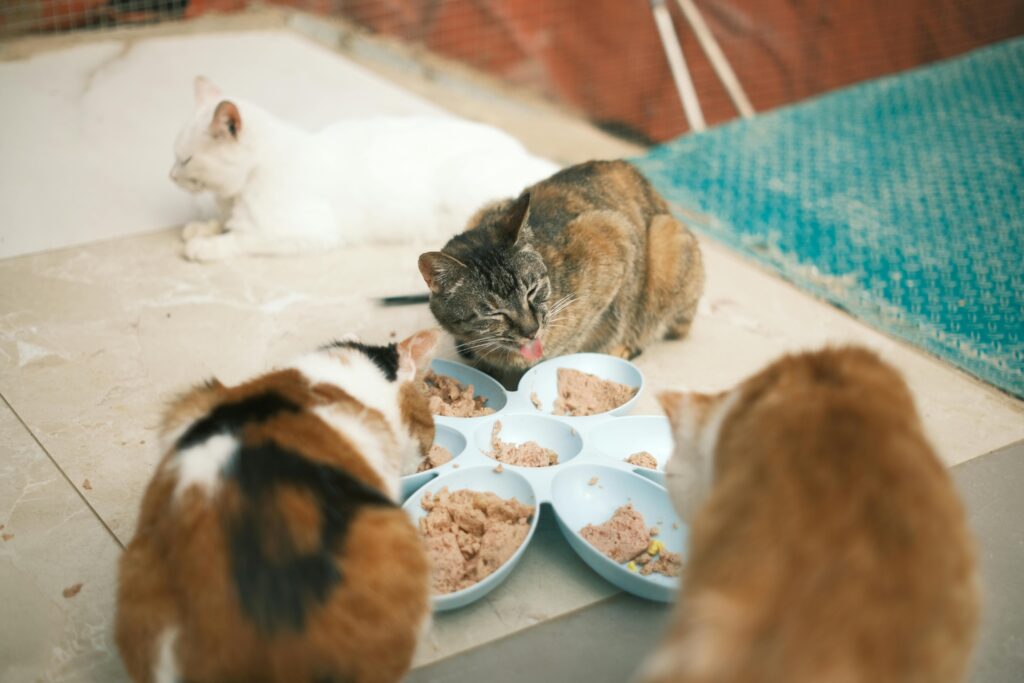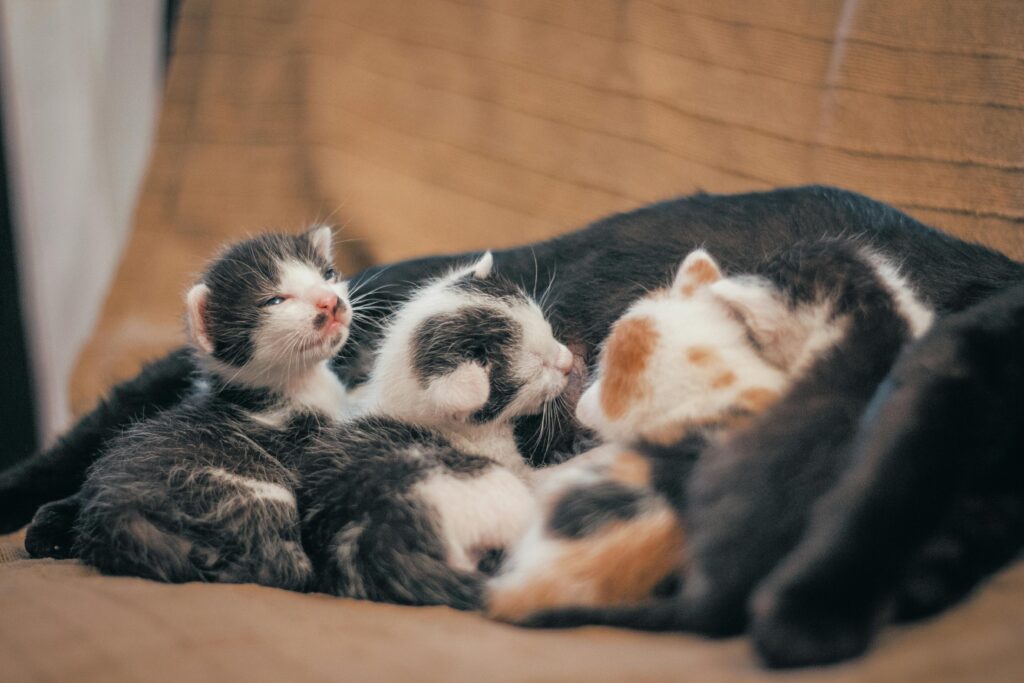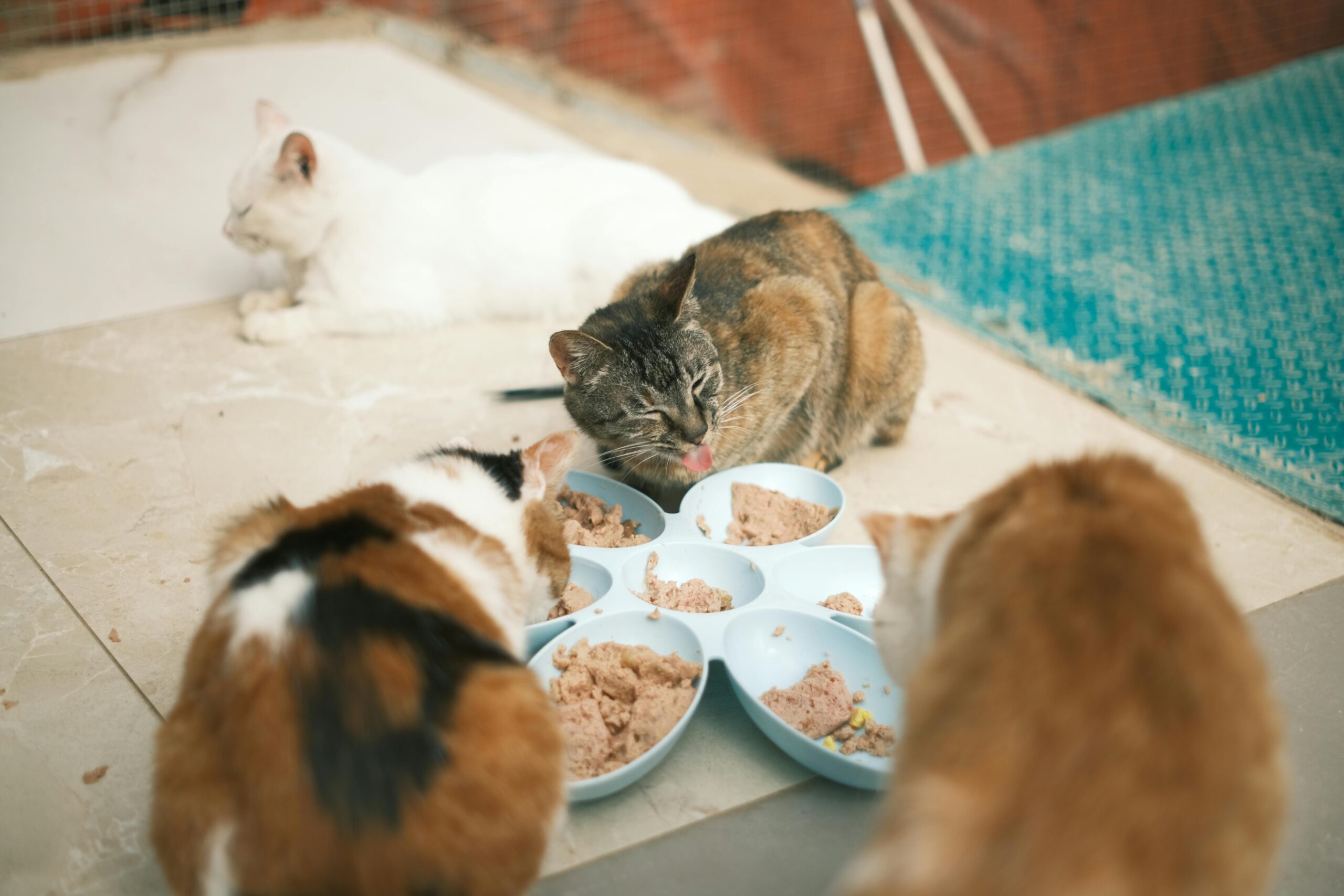Cats are carnivorous animals, meaning their nutritional needs can only be met by consuming enough animal-based proteins.
Although they have been domesticated for so many years alongside dogs that have evolved to be omnivores like humans, Cats have retained their age-long dietary needs.
Cats cannot synthesize nutrients from plants, unlike dogs that evolved to be omnivores that can synthesize nutrients from both plant and animal-based foods.
Since cats are carnivores, any dietary considerations to meet their nutritional requirements must be animal-based proteins such as meats, fish, eggs, etc.
Cheese; Animal Or Plant Protein?
Cheese are animal-based protein. It is a derivative of milk that comes from cows, goats, or sheep. It contains a protein known as casein.
Cheese is a milk protein that is high in fats and lactose.
They are produced by clotting casein ( animal milk protein ) and separating the cords from the whey.
The curds are further processed to form cheese which is very rich in proteins, lactose, fats, and minerals such as calcium.
During the processing of cheese, enzymes or acids are added to initiate the clotting which causes the proteins to form curds.
The curds are also further processed through different and varying stages to produce varieties of cheese.
Can Cats Eat Cheese:

Yes, cats can eat cheese but it shouldn’t be a regular part of their diet such as a staple food.
It’s not unusual for most cats to like the taste of cheese because of its soft, creamy, salty sweetness and distinct aroma.
In some households, cheese is the reward for a cat’s good behavior alongside other tasty snacks that are not healthy and toys but they shouldn’t be made a staple diet for some negative reasons.
Are There Any Benefits Of Cheese:
Cheese has little benefits to cats but has several downsides.
They are rich in calcium and protein which is good for a cat’s nutritional needs.
Why Cats Should Not Eat Cheese As A Staple Food:
As a cat owner, food and treats should be carefully chosen to meet the nutritional requirements of cats.
Any food given to cats should be compatible with their digestive system.
Feeding a cat wrongly can have adverse effects on the quality of a cat’s life and in some extreme cases, severe health implications and possible death.
A cat’s reaction to a new introduction of food should always be monitored and taken into account.
while cats may enjoy being fed with cheese, it is not ideal for them for these various reasons.
1. High fats Contents:
Cheese are high in fats. when consumed as a staple food, it can lead to excessive weight gain and cardiovascular diseases.
This can lead to obesity which is associated with various problems such as excessive reduction in mobility, urinary tract issues, joint problems leading to arthritis, and even diabetes in extreme cases.
They can also suffer from hypertension, and cardiomyotherapy ( heart disease ). All these can lead to a reduction in quality of life and even death.
2. Lactose Intolerance:
Cheese is not good for adult cats because of their decreased levels of lactase, an enzyme needed to digest lactose in cheese and all other dairy products
Consumption of cheese especially in older cats can lead to gastro discomfort such as diarrhea.
The effects of gastrointestinal discomfort vary in cats due to their age, size, prevailing health condition, and diet.
some cats can get very sick while others can suffer from gas.
3. Inappropriate Nutritional Needs:
Cats just as humans and other animals have specific nutritional needs that are not met by consuming cheese as a staple food.
Their nutritional requirements must be animal-based proteins such as meats such as ( turkey, beef, lamb, beef, and pork ), fish ( in low quantity) eggs, etc.
Cheese does not provide a balanced diet nor are they healthy especially for older cats.
4. Salt contents
Cats require very low salt content in their diets. they are efficient in optimizing the required salt contents from animal-based protein in their diets and so do not need additional salts ( sodium chloride ).
It is not a secret most cheese contains excess salts which can be harmful to the health of cats, especially their kidneys.
What Can I Do If My Cat Loves Cheese:
If your cat is a lover of cheese, it won’t be a straightforward process to stop them from having their favorite snack.
In some cases, you might want to indulge them a little as a treat for good behavior.
It is best to offer it to them in minimal quantities and occasionally only as a treat.
You should choose cheese that has low lactose content such as cheddar cheese.
The use of toys instead of cheese as a treat for good behavior should be incorporated and lastly, you should consult a veterinarian.
What Should Cat Eat:

Cats just like other carnivorous animals should strictly be fed on animal-based proteins to meet their nutritional demands.
Their feeds should reflect considerations of age, health status, activity level, and personal preferences.
A significant percentage of cat owners feed their cats with human food.
This is a wrong practice, as humans are omnivores and the digestive tracts and nutritional needs also vary.
Below is a list of what a cat should be fed based on.
- Fresh lean meats such as beef, turkey, chicken, lamb, pork, etc.
- Organ meats such as kidneys, liver, and heart
- Eggs should be administered occasionally
- Dry cat food: dry cat foods are the best because they are more convenient for cats and have a longer shelf life compared to wet cat foods. the choice of dry cat food should meet AAFCO (Association of American Feed Control Officials) standards.
- Wet cat food: they have higher moisture when compared to dry cat food, they are available in different forms, such as trays, cans, and pouches. they are very essential for hydration in cats.
- Veterinary-prescribed foods: they are usually for specific purposes and formulated by a vet. they are usually used when a cat has health challenges such as obesity, kidney issues, allergies, hypertension, and diabetes.

